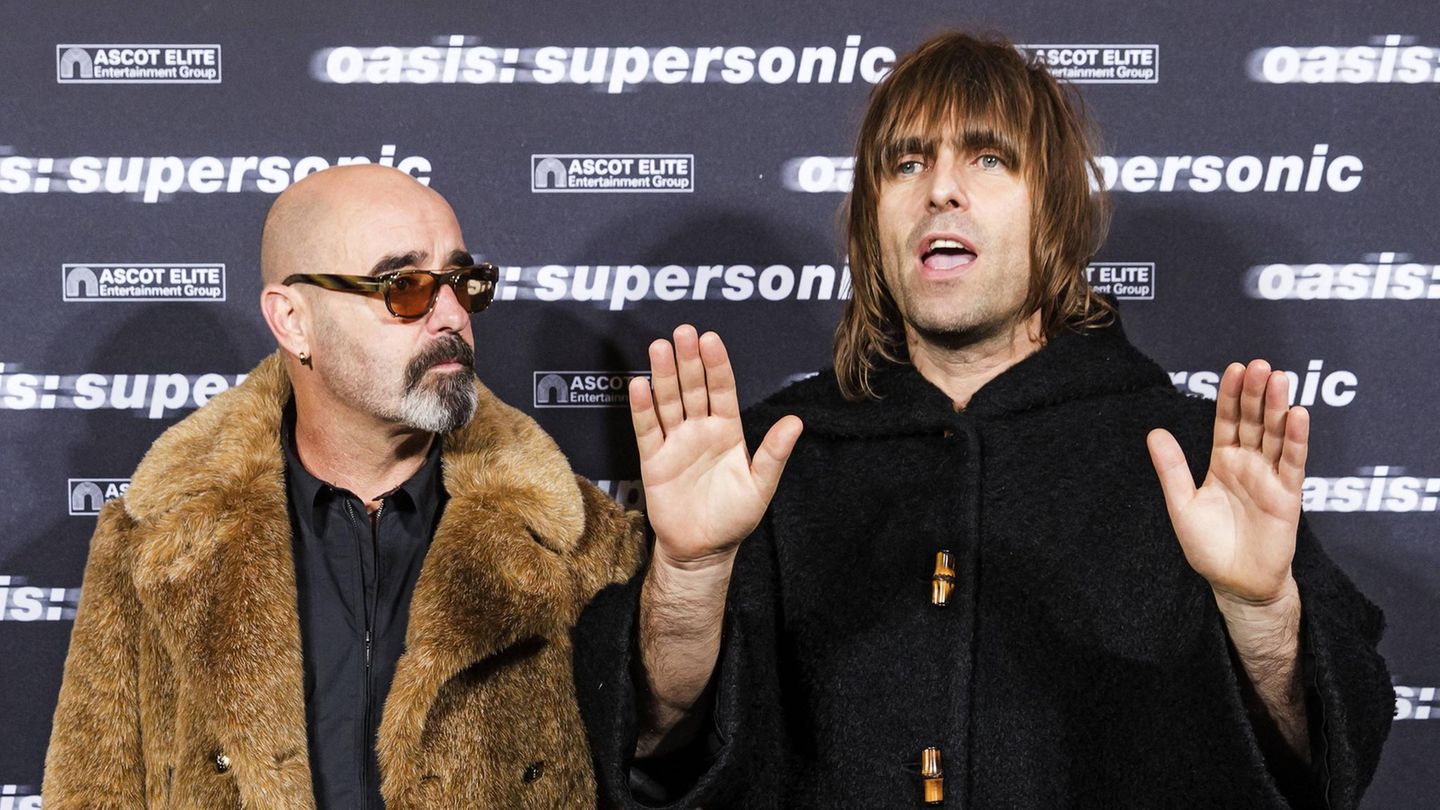Was Bridges wrong then? I do not think so. But as in any age where the established paradigms go into crisis, we are going through a paradoxical time where old and new truths overlap. How to approach it?
First of all, it is necessary to develop purpose-oriented fields of work.
Unlike a “Job Position”, which lists a series of actions or behaviors that are required of a Collaborator, the Work field (CT) details what is the Purpose of the work of a Collaborator, according to the role it plays.
That is, what are your responsibilities which are defined by achievements that you must achieve. We believe that, if people work according to a purpose, daily work takes on another dimension.
A Work Camp also allows to improve productivity since it works as a basis for the development of criteria for decision-making.
A Work Camp is made up of:
- Mission: it must formulate, in the simplest and most concise way possible, the greater purpose of the work that the person must perform.
Let’s see an example of what could be the Mission of a Administration & Finance Manager:
- Lead the administration and finance area in order to produce reliable and timely information, and carry out the required procedures in adequate time and quality, to internal clients (CEO, Board of Directors) and external clients (suppliers, state agencies), preserving protection of heritage and continuity of operational management.
- Responsibilities: given the Mission, Responsibilities are the most important achievements that the Collaborator must achieve to fulfill it. What They are not Tasks It is suggested that each formulation begin with the word: “Achieve”
As an example, according to the Mission of the Administration & Finance Manager, one of the Responsibilities would be:
- Ensure that all the information required for decision-making is produced in a timely manner in each of the sectors involved.
- Critical Tasks: They are those that, given their importance, cannot be left to the criteria of the people. They are the essential actions that ensure the conditions in which the company wants to achieve compliance with the responsibilities.
For example, given the responsibility mentioned above, one of the Critical Tasks is:
CT 1: Design, adapt, supervise and control administrative processes, to ensure efficient performance of the people involved in them.
PAG19-EMPLOYMENT.jpg
However, describing a Work Camp and dividing it into plots by departments and people is reasonable and necessary, but insufficient.
The requirements of a market in the era of digital transformation require a worker capable of fulfilling routines but also very predisposed to improve them and change them totally or partially when the situation requires it. For this reason, in order to maintain efficiency, lower costs and achieve differential advantages, functions until yesterday that were essential today will cease to be so, new functions will emerge and, perhaps most importantly, temporary functions will have to be fulfilled that will disappear together with the conjuncture that produced them.
In contexts with a high rate of change, you need people with the criteria and personality necessary to take the risks of disobeying regulations when the opportunity requires it. Perhaps this idea is adequate today to think about work and constitutes a starting point to appreciate from a referential framework the attitudinal profile that the change that today’s SMEs need requires.
If so, it would open another question: What, then, should be the characteristics of a good company and those of a good supervisor to promote to channel the development of new work virtues, increasingly away from repetitiveness without falling into chaos?
This paradigm shift produces new pressures that affect both workers of all hierarchies and companies, generating, most of the time, confusion, other fear and paralysis and, in very few cases, the vision of new opportunities. New winds are blowing and the human dilemma repeats itself: do we seek refuge or do we manufacture mills?
CEO at Manegit.com, lecturer, writer of the book DNA DIGITAL.




